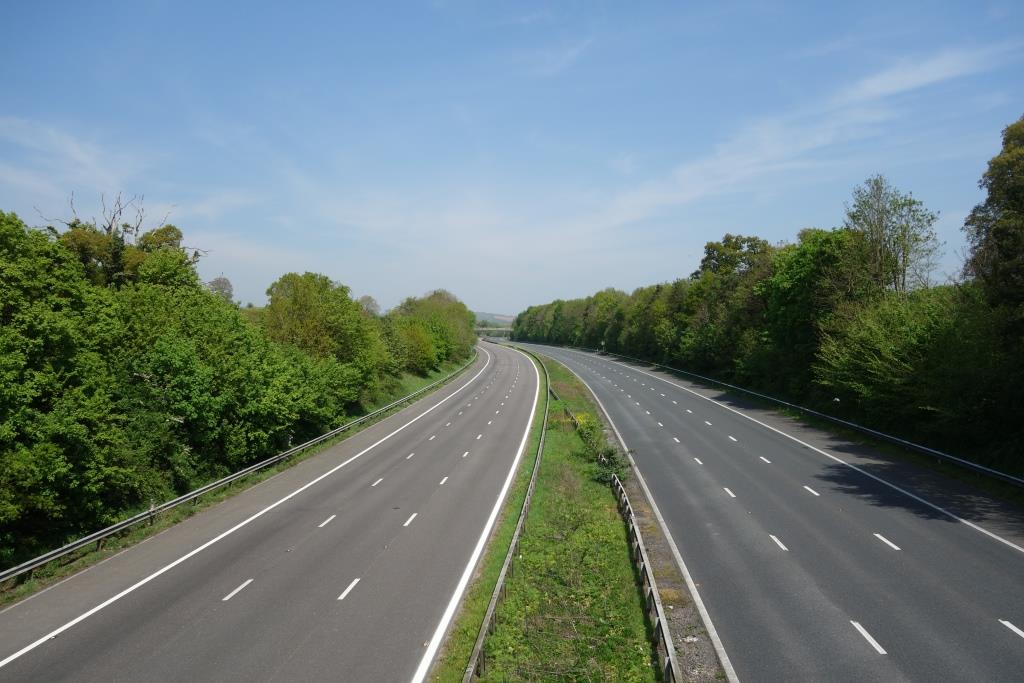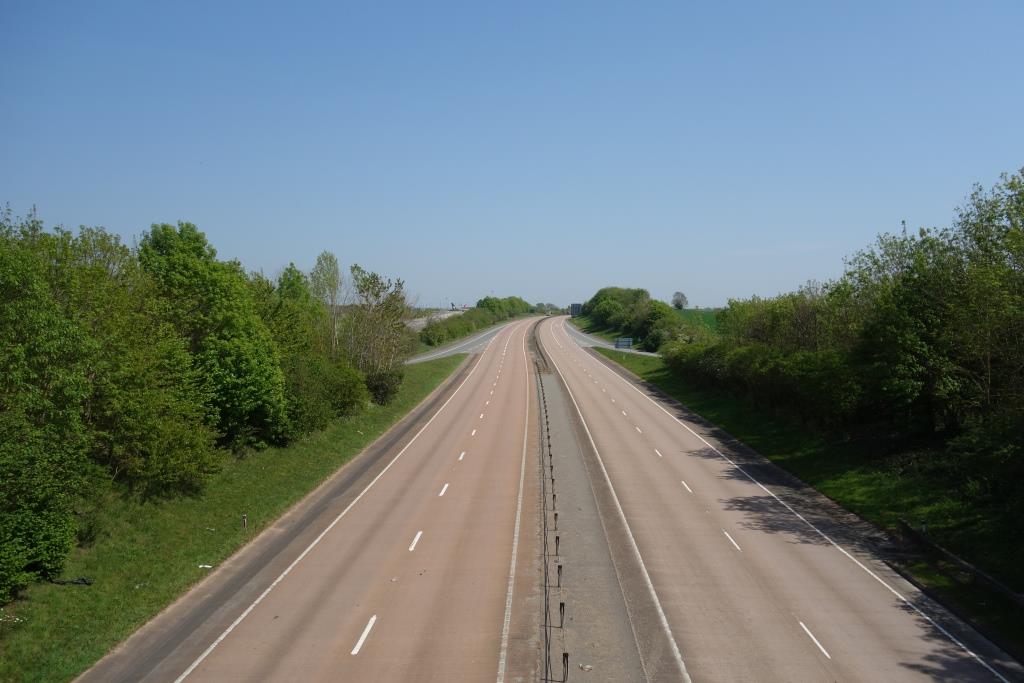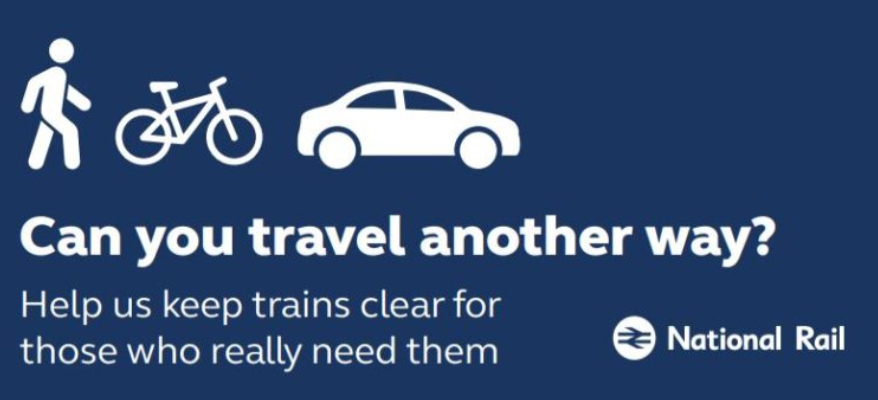In May, 2020, the scout penned a note to Nick Simmons, C.E.O. of Roadpeace, the road crash victims’ charity.
“Peace returned to the roads briefly in early spring. I took to cycling on what would normally have been busy roads just for the fun of it and to experience what they would look like if I were emperor. Of course, I realized that it would be dangerous getting used to the quiet and anyway the enjoyment was dampened by my deep concern about the consequences of the stoppage.
“One ride took me over the M5 and A30 outside Exeter. Usually I stop on bridges like these to observe the madness.


“Perhaps not surprisingly, 1950s traffic levels were accompanied by a spate of fatal collisions. Certainly, as the weeks went on, my impression was that there were fewer cars often driven by worse maniacs, which is the way it was in the early days of motoring.
“Now the roads are nowhere near normal but the joy of cycling on them has passed. On Thursday, the lovely sight of a horse and carriage on Exmouth seafront was ruined by the long line of cars following. People seem to be driving around aimlessly just because they can.
“The worst of it is the order to avoid public transport and take the car in preference. A friend sums it up in a media post: “I’m delighted to see the prominence being given to cycling by the coronavirus situation, but worried about the apparent demonisation of public transport, which has wide-ranging implications … .”
“In the midst of the emergency, government published its Decarbonising Transport report, pointing naturally to less use of cars and more travel by shared means. Yet we have this incongruity.

“It is only a temporary measure but I worry that trends may be set and damage done in the long term.
“In the gloom, I hope at least that you’ve seen a lull in new cases. Let’s hope that some good will come out of all this.”
Part of Nick’s reply:
” … those peaceful roads must now really feel like a thing of the past. And I take your point, I found it hard to completely enjoy them even at the time, with concern too about the consequences of the stoppage along with the adverse impact on public transport.
“We actually haven’t seen any lull in Helpline calls, some of our long standing members appear to have been triggered by the pandemic and have needed support along with a depressing number of new cases prompted by less congested roads and drivers taking ridiculous and inappropriate opportunities to speed, often with awful consequences.”
Like insect life after an apocalypse, motor traffic very quickly recovered to near normal levels. In subsequent stoppages, there was hardly a noticeable reduction. What effect the plague will have on public transport in the long run is the subject of much guesswork.
